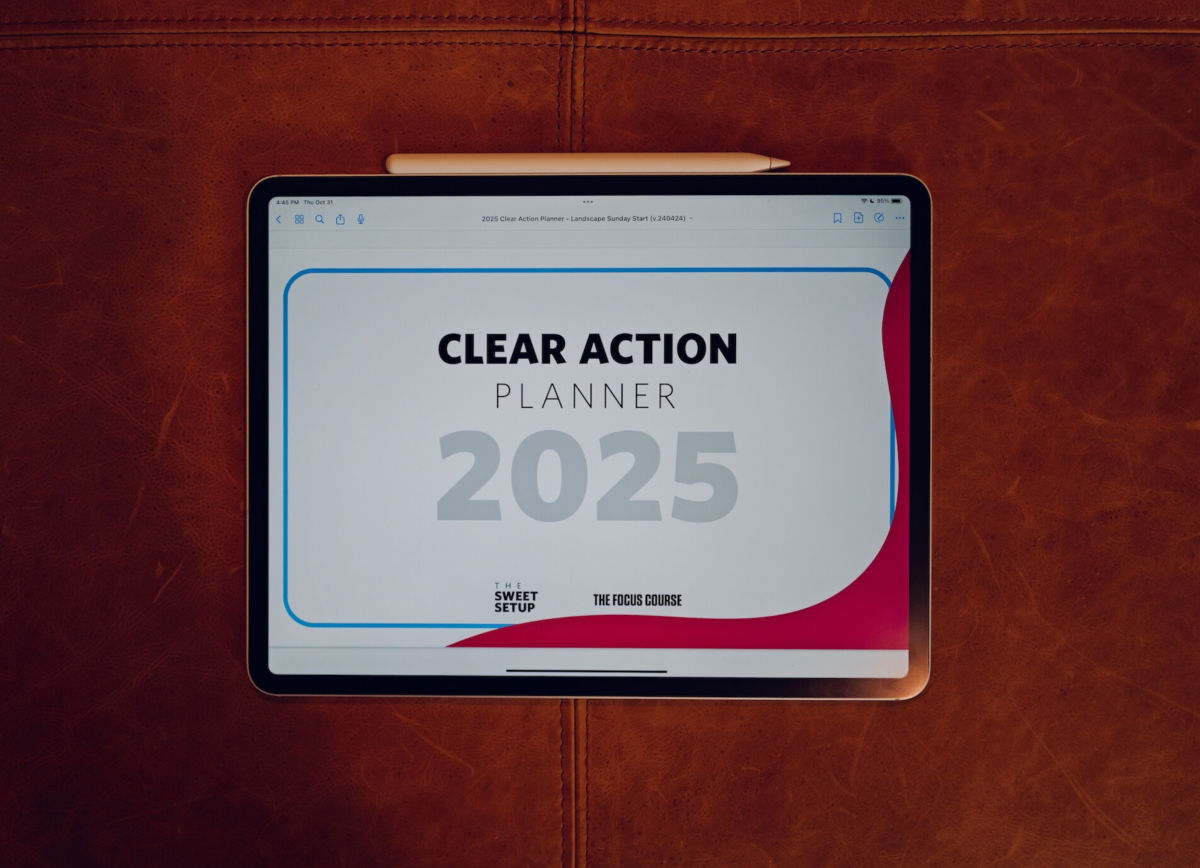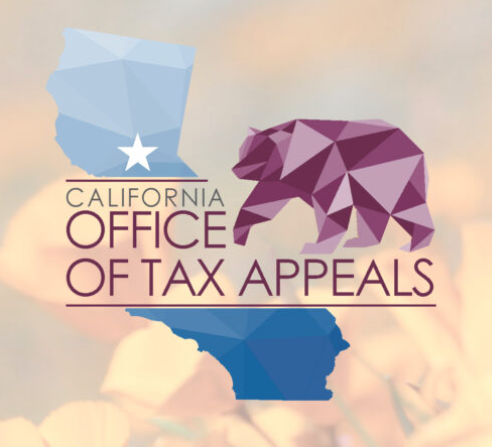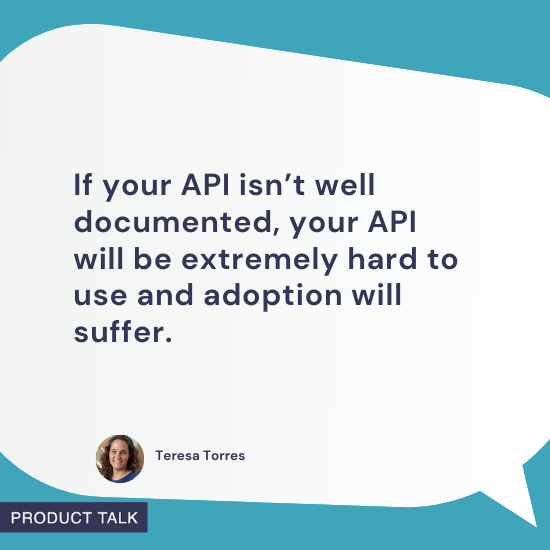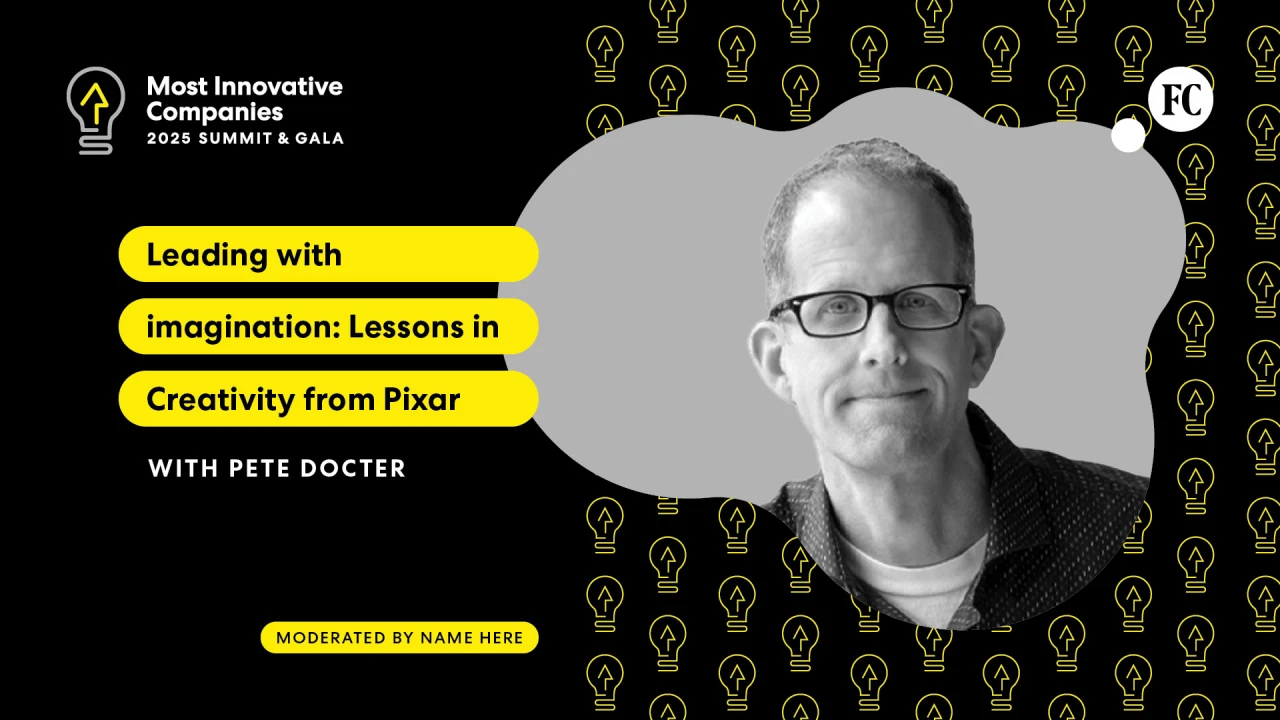Small talk isn’t worthless. Here’s how to use it to accelerate your career
“I heard it’s supposed to rain this weekend.” “How about those Cubs?” “Did you hear Ed, the escaped zebra from Tennessee?” If you groan at the thought of small talk, you’re not alone. More than 70% of Americans said they’d prefer to just sit in silence over talking about the weather, sports, or current events, according to a survey by the online education site Preply. While small talk is often viewed as the unnecessary fluff that comes before something real is discussed, that attitude doesn’t do its importance justice, says Deb Feder, author of Tell Me More: Building Trusted Client Relationships through Everyday Interactions. “I think small talk is where the ‘real’ is found,” she says. “It’s where the depth of a relationship can really be cemented. It’s taking conversations and allowing them to evolve by getting curious and by taking time to get to know others.” Small talk often takes place at cocktail parties or in a line at the store, but when it’s done at work, it has the power to accelerate your career, says Feder. “Our careers involve relationships,” she says. “Whether it is with a colleague down the hall, a boss or a client, you’re constantly interacting with people. Those small moments of conversation before or after a meeting is where banter happens. It’s all part of your career.” Rather than quickly segueing away from small talk, Feder says you can use it to create and strengthen relationships. “When we have relationships with people that we trust, we can get bigger results,” she says. “We can be invited to the table and to opportunities a whole lot faster.” How to Improve Your Small Talk Talking about the forecast, baseball, or the latest escaped animal only gets you so far. To be good at small talk, Feder says you need to decide what you like to talk about. “Owning what you’re interested in and leading from there is a good start, because it allows you to relax and realize that there is stuff you know that you could share,” she says. “I ask people, ‘If you could talk about one thing all day long that’s not work, what would it be?’” Maybe you’re a fan of a certain television show, movie, or book. You might be passionate about your dogs or a hobby. Or maybe you loved where you grew up. Feder says small talk can be anything. “Lean in there and just practice,” she says. “It can be relaxing to talk about what you enjoy. It opens the doors to get curious about other people and their interests.” Talking about what you’re interested in shouldn’t become a monologue about yourself. Instead, it gives you a jumping point. For example, if you love to travel, you could start a conversation by asking, “If we were going to plan this meeting anywhere else in the world, where would you suggest we go?” “It opens up conversation and allows you to learn a lot about a person,” says Feder. “Sometimes people tell you about their hometown. Sometimes people tell you about some random mountain village far away. I like to think of conversation openers, rather than just a question that you want answered.” How Small Talk Boosts your Career Small talk has the potential to improve your career in a few important ways, says Feder. The first is by deepening relationships within your team. The more you know the people around you, the more efficient and effective you can be. For example, you may learn that a coworker isn’t a morning person. In this case, you might ask for their help after they’ve had their second cup of coffee. Or you might discover that your boss needs to get out the door right at 5 p.m. on Wednesdays to coach her daughter’s soccer team. You would know to not wait until late in the day to ask important questions. “Understanding the rhythm and the way that other people think around us can be a huge accelerator,” says Feder. Small talk also opens the door for improved client relationships because you can find topics that lead to future avenues for connection. “When you learn that somebody loves fishing or travel, you can remember to ask how their latest trip went when you see them next or send them a link to a relevant article,” says Feder. “It shows that you are interested in them, not just for the work, but as a human being. People appreciate that care.” Finally, one of the best things you can do to accelerate your career is to introduce somebody else to an opportunity or person who can be helpful to them. “It’s less about you being able to do something for somebody, and more about spotting opportunities and sharing them with others,” says Feder. “The more you know about somebody from small talk or banter about work, the more you can understand which connections to make.” Small talk allows you to get curious about someone else. It allows you to add layers to clients, team members or executive relationships in a way that’s meaningful and natural. If you avoid small talk altogether, you lose the chance to build rapport and develop connections

“I heard it’s supposed to rain this weekend.” “How about those Cubs?” “Did you hear Ed, the escaped zebra from Tennessee?”
If you groan at the thought of small talk, you’re not alone. More than 70% of Americans said they’d prefer to just sit in silence over talking about the weather, sports, or current events, according to a survey by the online education site Preply.
While small talk is often viewed as the unnecessary fluff that comes before something real is discussed, that attitude doesn’t do its importance justice, says Deb Feder, author of Tell Me More: Building Trusted Client Relationships through Everyday Interactions.
“I think small talk is where the ‘real’ is found,” she says. “It’s where the depth of a relationship can really be cemented. It’s taking conversations and allowing them to evolve by getting curious and by taking time to get to know others.”
Small talk often takes place at cocktail parties or in a line at the store, but when it’s done at work, it has the power to accelerate your career, says Feder.
“Our careers involve relationships,” she says. “Whether it is with a colleague down the hall, a boss or a client, you’re constantly interacting with people. Those small moments of conversation before or after a meeting is where banter happens. It’s all part of your career.”
Rather than quickly segueing away from small talk, Feder says you can use it to create and strengthen relationships. “When we have relationships with people that we trust, we can get bigger results,” she says. “We can be invited to the table and to opportunities a whole lot faster.”
How to Improve Your Small Talk
Talking about the forecast, baseball, or the latest escaped animal only gets you so far. To be good at small talk, Feder says you need to decide what you like to talk about.
“Owning what you’re interested in and leading from there is a good start, because it allows you to relax and realize that there is stuff you know that you could share,” she says. “I ask people, ‘If you could talk about one thing all day long that’s not work, what would it be?’”
Maybe you’re a fan of a certain television show, movie, or book. You might be passionate about your dogs or a hobby. Or maybe you loved where you grew up. Feder says small talk can be anything.
“Lean in there and just practice,” she says. “It can be relaxing to talk about what you enjoy. It opens the doors to get curious about other people and their interests.”
Talking about what you’re interested in shouldn’t become a monologue about yourself. Instead, it gives you a jumping point. For example, if you love to travel, you could start a conversation by asking, “If we were going to plan this meeting anywhere else in the world, where would you suggest we go?”
“It opens up conversation and allows you to learn a lot about a person,” says Feder. “Sometimes people tell you about their hometown. Sometimes people tell you about some random mountain village far away. I like to think of conversation openers, rather than just a question that you want answered.”
How Small Talk Boosts your Career
Small talk has the potential to improve your career in a few important ways, says Feder. The first is by deepening relationships within your team. The more you know the people around you, the more efficient and effective you can be.
For example, you may learn that a coworker isn’t a morning person. In this case, you might ask for their help after they’ve had their second cup of coffee. Or you might discover that your boss needs to get out the door right at 5 p.m. on Wednesdays to coach her daughter’s soccer team. You would know to not wait until late in the day to ask important questions.
“Understanding the rhythm and the way that other people think around us can be a huge accelerator,” says Feder.
Small talk also opens the door for improved client relationships because you can find topics that lead to future avenues for connection.
“When you learn that somebody loves fishing or travel, you can remember to ask how their latest trip went when you see them next or send them a link to a relevant article,” says Feder. “It shows that you are interested in them, not just for the work, but as a human being. People appreciate that care.”
Finally, one of the best things you can do to accelerate your career is to introduce somebody else to an opportunity or person who can be helpful to them.
“It’s less about you being able to do something for somebody, and more about spotting opportunities and sharing them with others,” says Feder. “The more you know about somebody from small talk or banter about work, the more you can understand which connections to make.”
Small talk allows you to get curious about someone else. It allows you to add layers to clients, team members or executive relationships in a way that’s meaningful and natural. If you avoid small talk altogether, you lose the chance to build rapport and develop connections, says Feder.
“Trust is built in tiny little moments,” she says. “You don’t walk into a room and say, ‘Hi, trust me.’ We want to learn about the human being and how they show up as their whole self. Small talk can be fun if you decide it’s a great way to start a connection.”

































































































![Building A Digital PR Strategy: 10 Essential Steps for Beginners [With Examples]](https://buzzsumo.com/wp-content/uploads/2023/09/Building-A-Digital-PR-Strategy-10-Essential-Steps-for-Beginners-With-Examples-bblog-masthead.jpg)















































